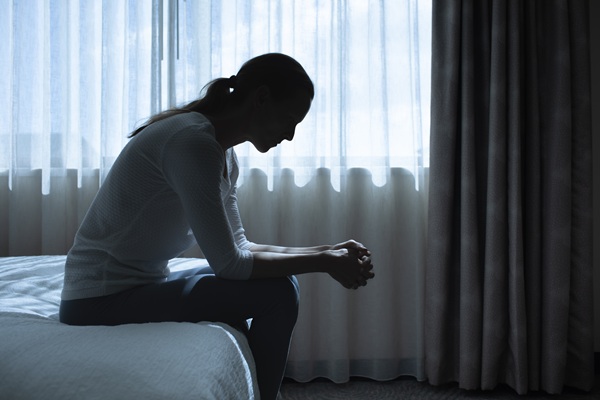Ketamine Infusion Therapy for Depression

Due to recent technological advances, a new treatment has been gaining traction for curing depression. It is called ketamine infusion therapy.
Ketamine infusions have the potential to revolutionize the way doctors treat depression. It gives those struggling with depression a new way to relieve some of their symptoms.
Around thirty percent of people do not respond well to the typical depression treatment methods. Traditional pharmaceutical treatment and antidepressants can take up to eight weeks or more to take effect.
For someone struggling with depression, two months can feel like a lifetime when dealing with anxiety and other symptoms.
What is ketamine?
Ketamine itself is classified as a dissociative anesthetic. This term means that it is approved for use in hospitals and medical settings. At high dosages, it can cause sedation and amnesia without suppressing any respiratory functions or lowering blood pressure.
At lower dosages, ketamine can cause the patient to undergo hypnotic states. This often alters the perception of sight and sound. It can provide pain relief and a sense of detachment from your body or the surrounding environment. It creates an out of body experience.
Effects of ketamine
Due to its dissociative effects and its ability to produce visual and auditory stimulation, ketamine infusion therapy has been used as a potential game-changer for people struggling with severe, treatment-resistant depression.
Traditional antidepressants shift the balance of certain hormones in the brain. Ketamine works differently by directly focusing on the receptors of the brain and blocking glutamate receptors. This changes how the brain cells communicate and often affects pain responses and depression.
There are no shifts in hormone balances, meaning that the effects are dramatically faster as compared to traditional antidepressants or therapy. Ketamine infusion therapy can take effect almost immediately or within several minutes.
Ketamine infusion therapy
Participants who undergo this form of therapy find an increased interest in pleasurable activities – all within the first forty minutes of their first ketamine infusion. There are no harsh side effects, such as memory loss, that often accompany other depression treatments.
There are no pills or prescriptions required. Lastly, ketamine infusion therapy can also significantly reduce suicidal thoughts within participants with major depression in 24 hours.
Therapy sessions
During your therapy treatment, you will be awake and will be given a dose depending on an evaluation done beforehand. The number of infusions you will need varies on a patient to patient basis. Keep in mind that various factors can affect how your body responds to the treatment. Some of these factors include the length of depression the patient has struggled with, age, genetics and past medical conditions.
Try it today
Ketamine infusion therapy is an incredible tool for anyone who is searching for a new form of relief from their depression. You do not have to deal with pills or other drugs at home.
Take control of your mental health. Call our office to learn more about this innovative treatment method.
Are you considering ketamine infusion therapy in the Columbia area? Get more information at https://futurepsychsolutions.com.


